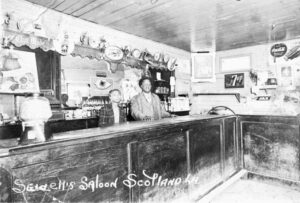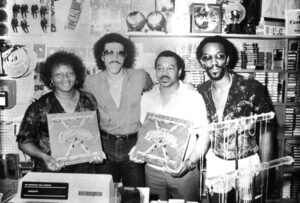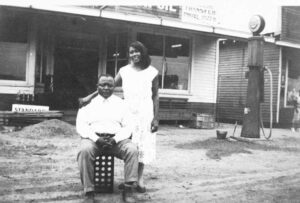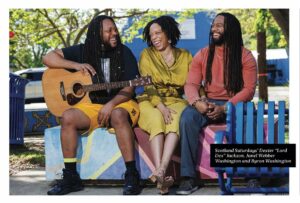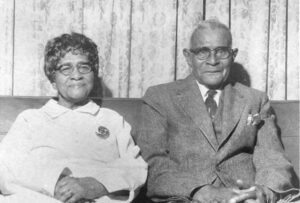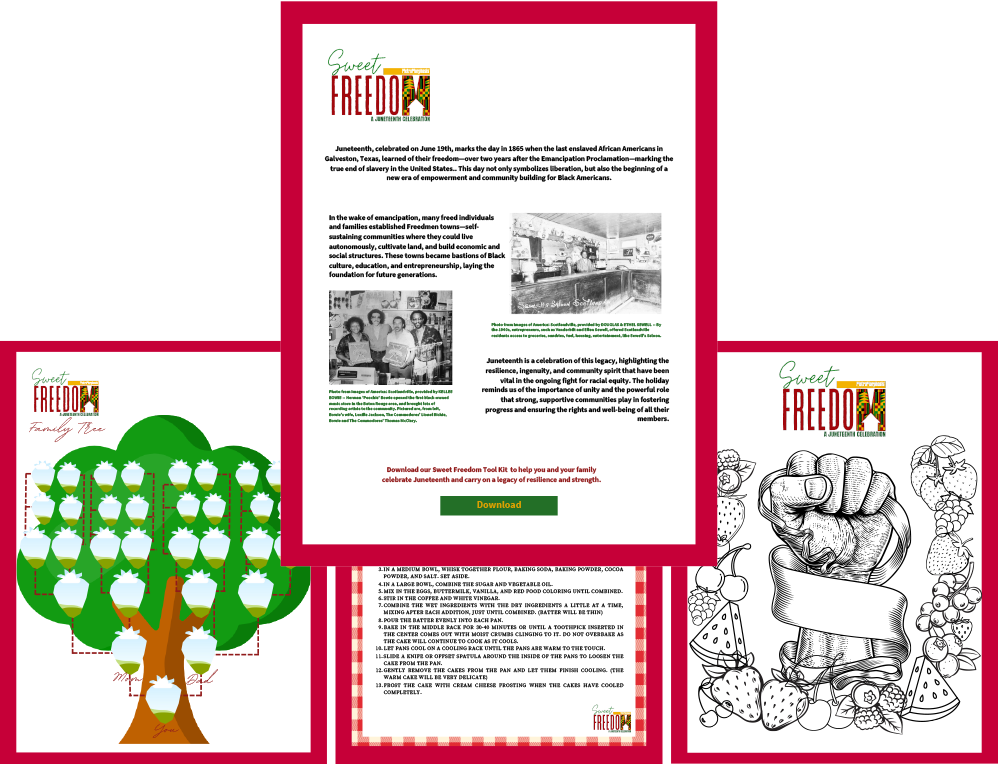
Celebrate Juneteenth by honoring the resilience and contributions of Black communities. Incorporating red summer fruits such as strawberries and watermelons, staples in black cultural celebrations, connects us to the sacrifices and the sweet victory of freedom. Join us as we honor the past, celebrate the present, and ignite future generations.
Sweet Freedom in Freedmen's Towns
Freedmen’s Towns were established by formerly enslaved people after the Civil War. These self-sufficient communities provided a safe haven where Black people could own land, build homes, and create economic opportunities free from the oppression they had endured.
Freedmen’s Towns exemplify the resilience and ingenuity of Black Americans. Despite facing systemic oppression, these communities thrived and continue to serve as powerful symbols of what can be achieved through unity and determination.
Did you know Scotlandville was a Freedmen’s Town?
Scotlandville, a historic Black community in Baton Rouge, Louisiana, was originally a rural area where freed slaves settled post-Civil War. It grew into a thriving, self-sufficient community with its own schools, churches, and businesses.
Throughout its history, Scotlandville has been a hub of civic engagement and activism. Residents have continuously worked towards social justice, equality, and better living conditions, embodying the ongoing fight for racial equity celebrated on Juneteenth.
Celebrate Juneteenth with your loved ones today! Download our tool kit to help get you started.
What Our Community is Saying
“Many of our ancestors risked their lives for this to one day be our reality, and that is worth the recognition alone.”
“Juneteenth should be remembered and celebrated for those who have passed before us that made it possible for African Americans to succeed in today's society.”
“It's a day of reflection, pride, and community, where we can come together to celebrate our shared history and look towards a future of continued progress.”


